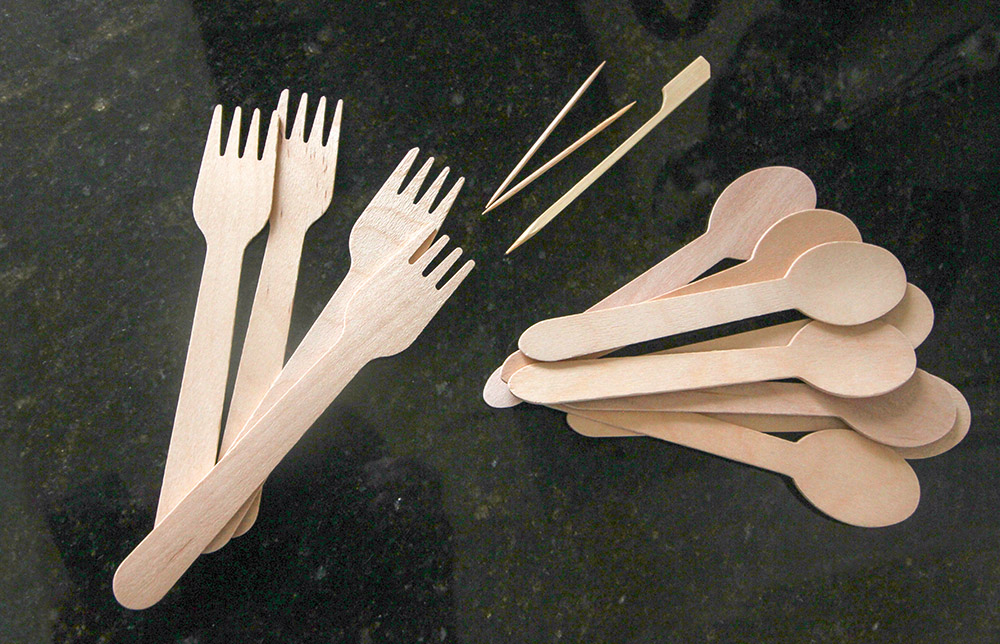Single-use plastics a Global Threat
The amount of harmful plastic litter in the oceans grows ever greater, endangering sea life and marine ecosystems across the planet.

It is estimated that as much as 12.7 million tons of plastic enter the oceans annually. Most of this plastic is single-use items such as plastic bags, six-pack rings, straws and spoons etc, and these can be hazardous to the marine animals that get caught on or try to eat them and in many cases ingesting can be fatal.
These plastic items eventually break down into ever smaller parts to form microplastics, which are then more widely mistaken for food and eaten.
If that’s not bad enough, miscroplastics entering the food chain have an impact on humans, as we then eat the fish that ingested the microplastic which in turn enters our own bodies.
The way forward is clear. We as a global species, need to urgently reduce the amount of single-use plastics. The UK introduced the single-use plastic carrier bag charge in 2015, making it law that retailers must charge 5p per bag. The proceeds of which are then used for ‘good causes’. Many retailers are phasing out plastic bags and using biodegradable alternatives, which can only be a good thing. Other single-use items such as plastic straws and cutlery as used in bars, fast food outlets and other similar establishments are being replaced by renewable materials such as birch or bamboo or even corn starch and are 100% compostable.
There are also many things we can do individually to reduce the amount of plastics entering the environment. Reuse any plastic bags you may already have, try to buy in bulk to reduce the amount of packaging you throw away. Use refillable water bottles and use tap water instead of buying bottled. Pack your own lunches using reusable containers. Make sure you recycle correctly and regularly. If we all do our bit it will have an effect in greatly reducing the amount of single-use plastic waste produced and we just might save the planet.